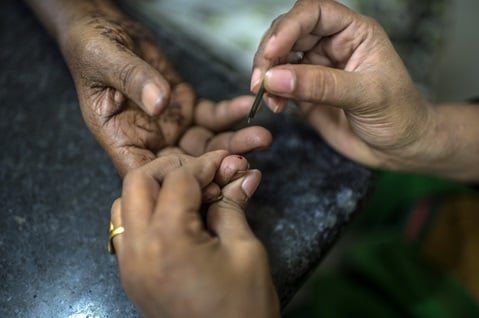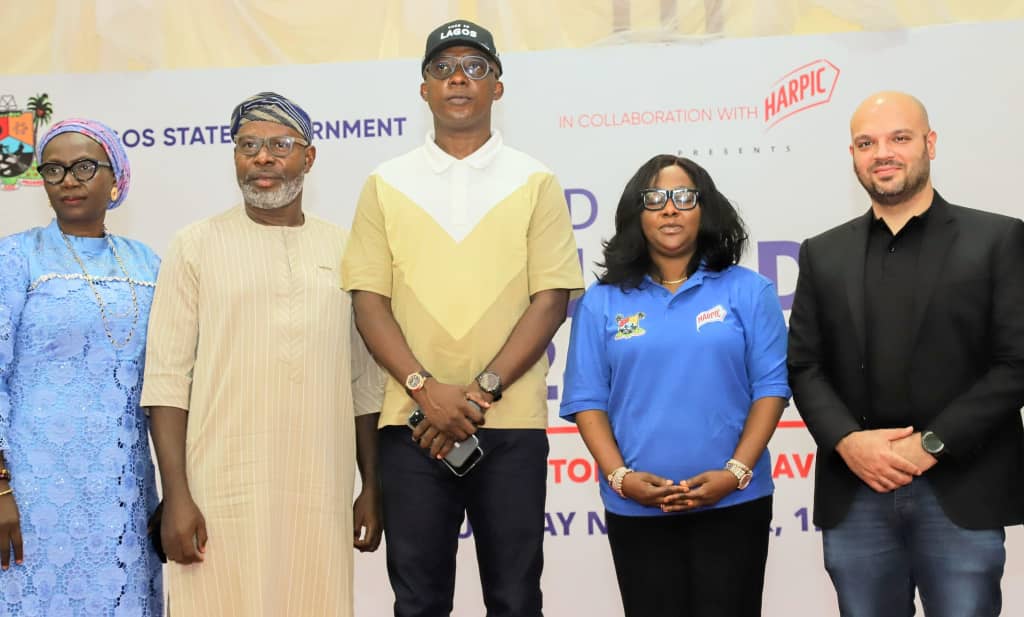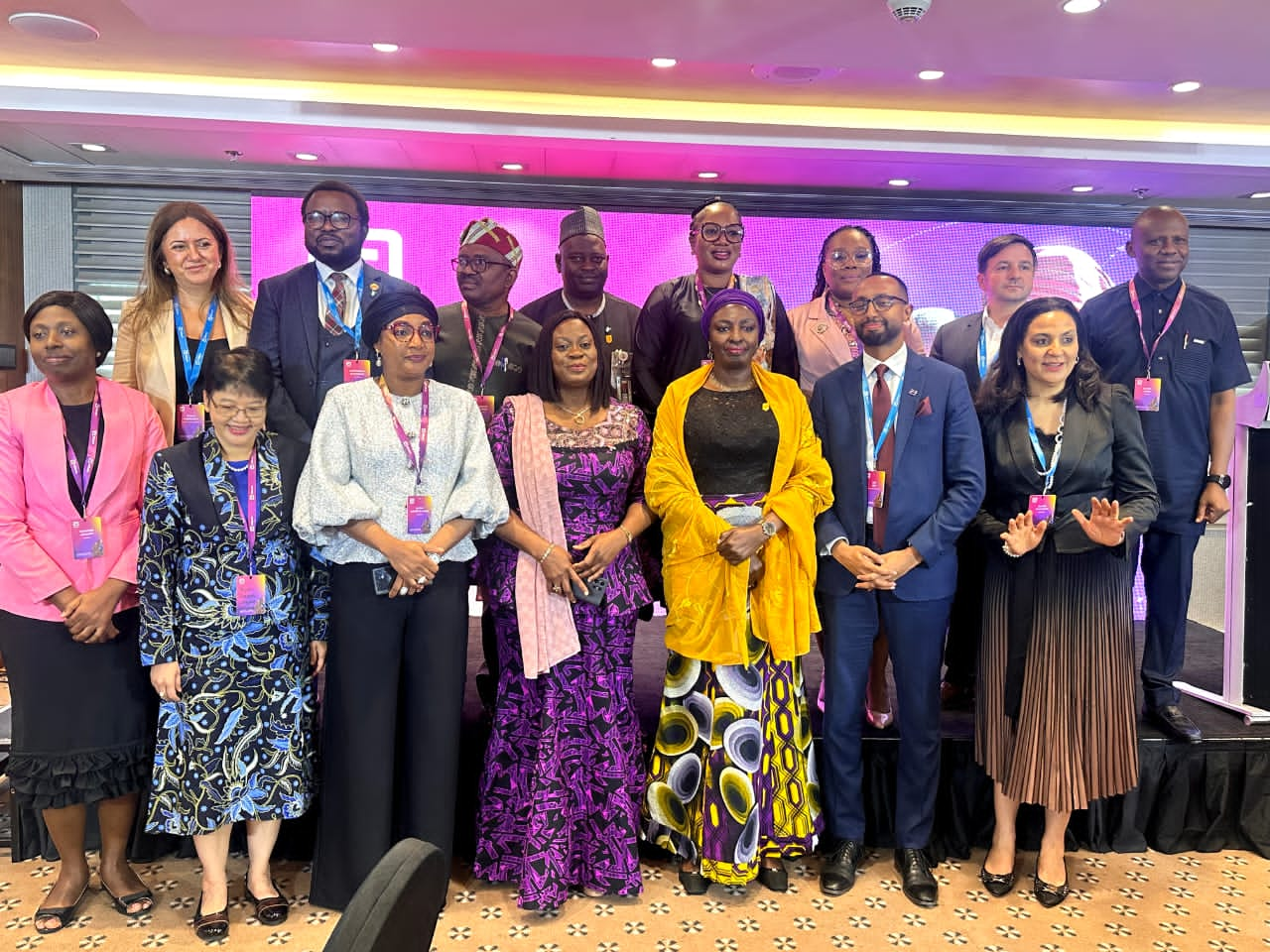
By Fatima Saka
The Federal Government of Nigeria has once again affirmed its leadership in public health transformation, championing a bold regional push for diagnostic innovation and local manufacturing at the Abbott Infectious Disease Summit 2025.
Declaring the three-day summit open on behalf of the Coordinating Minister of Health and Social Welfare, Prof. Muhammad Ali Pate, the Permanent Secretary, Ms. Kachollom S. Daju, mni, delivered a compelling call for cross-border collaboration to expand access to diagnostics, strengthen health security, and accelerate disease elimination across Central, West, and East Africa.
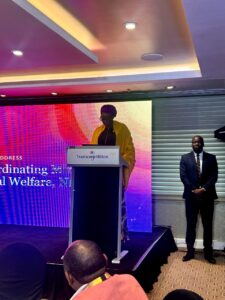
In a press statement signed on Tuesday by Alaba Balogun, Deputy Director of Information and Public Relations, the Ministry emphasized that the summit’s objectives align closely with the Federal Government’s Renewed Hope Agenda and the Sector-Wide Approach (SWAp) to health system strengthening.
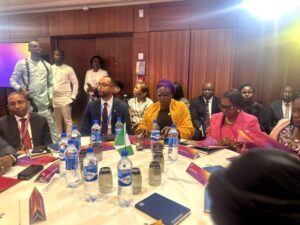
“This summit is timely. Diseases like HIV, TB, Malaria, and Viral Hepatitis remain major threats in our region. Rapid, decentralized diagnostics—especially Point-of-Care testing—are not just innovations; they are lifelines,” said Daju.
She lauded Abbott Rapid Diagnostics for convening the summit, which brings together public health leaders, innovators, and global partners under a shared vision for a healthier, disease-resilient Africa.
Daju urged global health manufacturers to partner with Nigeria through the Presidential Initiative for Unlocking the Healthcare Value Chain (PVAC), launched in 2024. The initiative offers policy incentives such as zero tariffs and waivers on inputs and machinery—to catalyze local production of diagnostics and therapeutics.
Opening day highlights featured high-level stakeholders from across the continent:
Senator Dr. Ipalibo Banigo, Chair of the Senate Committee on Health, emphasized the need to accelerate Prevention of Mother-To-Child Transmission (PMTCT) and announced amendments to the NCDC Act to enhance infectious disease surveillance.
Aziz Abdi, Regional GM for Central and West Africa at Abbott, noted that Nigeria accounts for nearly half of the region’s HIV burden and applauded ongoing national efforts to scale up testing and promote health equity.
Dr. Adebobola Bashorun, National Coordinator of the National AIDS/STI Control Programme (NASCP), reported a significant increase in treatment coverage—now reaching 60% for HIV, TB, and malaria—with marked progress in reducing mother-to-child HIV transmission.
Dr. Abdu Mukhtar, PVAC’s National Coordinator, disclosed that Nigeria has signed a Memorandum of Understanding (MoU) to commence local production of Rapid Diagnostic Tests (RDTs), advancing the country’s broader health industrialization agenda.
Dr. Temitope Ilori, Director-General of the National Agency for the Control of AIDS (NACA), reinforced Nigeria’s commitment to ending new HIV infections by 2030, stating that local RDT manufacturing would significantly strengthen the nation’s laboratory capacity.
Development partners including the World Health Organization (WHO), Society for Family Health (SFH), Clinton Health Access Initiative (CHAI), and the Institute for Human Virology pledged to deepen collaboration through integrated programming and peer learning to confront infectious diseases head-on.
Inclusive Spelling Bee Empowers Children with Special Needs in Ogun State
As the summit continues, delegates were urged to champion actionable, inclusive, and sustainable solutions to Africa’s most pressing health challenges.
“The time to act is now. Through innovation and collaboration, we can build a healthier, self-reliant Africa,” read Prof. Pate’s message.


